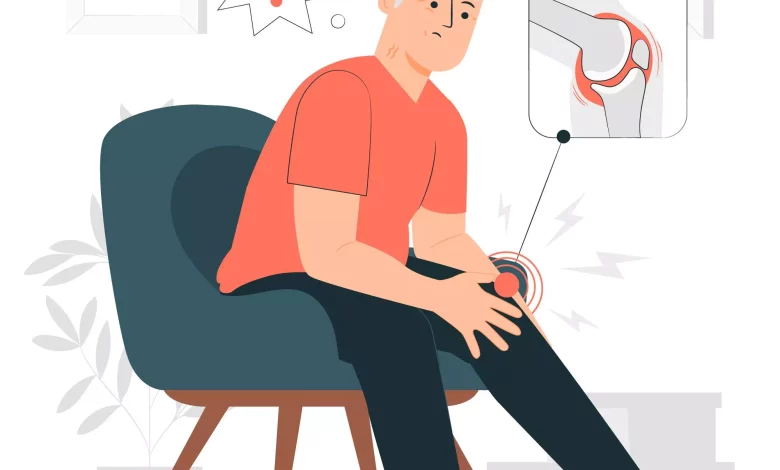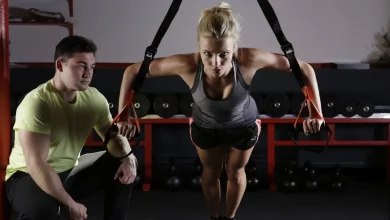What Your Knee Pain Is Trying to Tell You

Knee pain can affect individuals of all ages. The pain may start as mild discomfort and then get worse slowly or may be severe and immediate pain due to an injury. Knee pain physio treatment solutions can help address the underlying cause of the problem. Here is what your knee pain is trying to tell you.
Symptoms
The severity and location of the pain vary based on the cause of the problem. Symptoms of knee pain include:
- Inability to straighten the knee fully
- Crunching or popping noises
- Stiffness and swelling
- Warmth and redness to the touch
- Instability or weakness
Common Causes of Knee Pain
Most knee problems occur due to continuous stress and wear on the knee joint and aging processes such as arthritis. Other knee problems arise due to sudden movement or an injury that strains the knee. Here are common knee problems:
Strained or sprained knee muscles and ligaments: Caused by a sudden twist or blow to the knee. Symptoms usually include difficulty walking, swelling, and pain.
Tendonitis: Occurs when the tendon becomes painful and swells up after an injury. Inflammation of the tendons usually occurs from overusing the tendon during activities such as cycling, running, or jumping.
Torn cartilage: Knee trauma can tear the menisci (connective tissues that enhance stability and act as shock absorbers). Tearing of the cartilage often happens with sprains.
Arthritis: Osteoarthritis is a popular type of arthritis that occurs on the knee. It is a degenerative process whereby the cartilage found in the joint start wearing away gradually. Osteoarthritis can also occur due to excess stress on the knee, such as being overweight or repeated injury.
Physiotherapy Treatment for Knee Problems
Physical therapy helps to manage and reduce pain so that you cannot rely so much on pain medications. You may need surgery if the pain goes on for long or without treatment. Physical therapy helps to address the issue early enough to lower the likelihood of surgical intervention.
Physiotherapy can help with knee pain depending on the cause and the part of the knee that’s affected. The treatment methods are designed to improve your mobility, range of motion, and strength to help you move around more comfortably.
A physiotherapist will create an individualized plan tailored to address your specific situation. Treatments may include:
Knee braces: Knee braces are suitable for almost all knee problems, especially if you have tendonitis.
Taping the kneecap: It involves applying an adhesive tape to change how your kneecap moves or sits.
Exercise program: The program is tailored to match your specific needs. The exercises will depend on the cause of knee pain and may last for some time.
Working with a physical therapist can prevent further pain in the future. They will recommend exercises that help to reduce your fall risk and improve your balance.
Find the Best Knee Pain Physio Treatment Solutions
Knee pain usually goes away without requiring further medical treatment. If you need help, consider first seeing a physiotherapist. Find a physiotherapist with effective knee pain physio treatment solutions.
Look for a specialist with extended experience assessing and offering follow-up care for acute tears/sprains of the ligaments and meniscus/cartilage tears. They should come up with personalized treatment solutions to help you have a speedy recovery.






